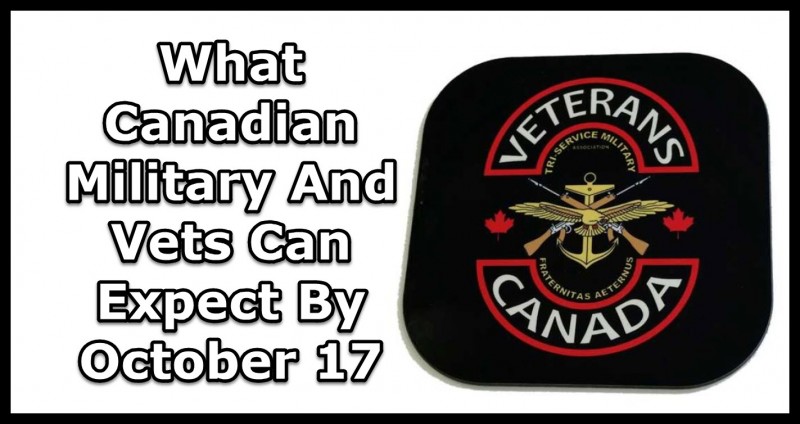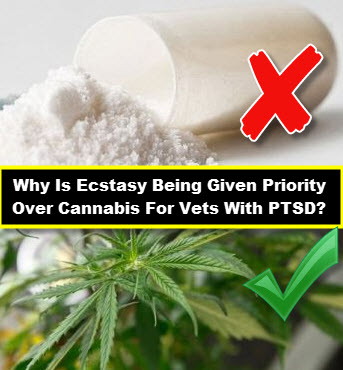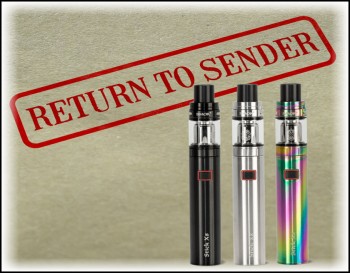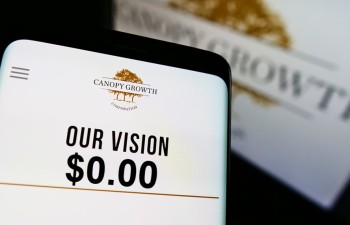What Canadian Military And Vets Can Expect By October 17
Reasonable guidelines for the military, not much so for vets
Big changes are going to be seen in Canada come October 17. Legalizing adult-use cannabis will be a historic move, affecting some of the armed forces of the country differently. With around a month to go until recreational cannabis is legalized, it’s good to know that the government has clearly outlined the restrictions for service personnel.
The Canadian government just released a directive detailing the new cannabis policy which will apply to service members once recreational cannabis is legalized in October. It states that most military personnel will be allowed to consume recreational cannabis as long as they adhere to their local laws. However, some restrictions on where and when they consume are being placed.
The new policy says that the Canadian Armed Forces (CAF) will not be permitted to use recreational cannabis within 8 hours of their duty, and within 24 hours of work involving operating vehicles or weapons. Cannabis will also be prohibited within 28 days of duty including service on a military aircraft, high altitude parachuting, or working in a hyperbaric environment. Additionally, they won’t be permitted to consume recreational cannabis within work hours or take it with them to international missions.
Reasonable directives.
The CAF also said that service members will take full responsibility for the decisions that they make, but their leaders are confident that the members will have no issues with the new rules.
Lt. Gen. Chuck Lamarre, CAF’s head of personnel, told CBC News: “We’ve made the policy document very explicit as to when it can be used and when it cannot be used, and who is prohibited from using, and we go to a large extent to protect our operational capability.”
“We believe our members are very keen on what they’re doing in the Canadian Armed Forces and they have the right ethics and morals to make sure they are available at all times and that they are not impaired by this, or any other substance,” Lamarre adds.
The directive also explains that cannabis remains illegal in most parts of the world, which may have consequences for Canadian military if they take it abroad with them, or even if they consume while at home. It reads, “CAF members are responsible for obtaining information about cannabis consumption and possession laws and policies of any country that they intend to visit.”
It also warns them of the potential health risks of smoking cannabis, saying that it has “many of the same harmful substances as tobacco smoke” which may hurt their lungs and result in coughing which may have an impact on their performance.
Same Rules For Vets
For now, Veterans Affairs Canada says that they will keep the status quo regarding medical cannabis for vets.
“At the present time, there are no plans to change the maximum daily reimbursement limit of the three grams per day, or to amend the criteria for the exceptional approval for reimbursement of the more than three grams per day,” says Sandra Williamson, Veterans Affairs Canada’s senior director for health care programs.
Last February, an internal memo stated that they may be conducting a review of the maximum limit, referring a directive from the Treasury Board. “Due to the greater than expected use of the exceptional approval process, the lack of appropriate supporting documentation, and the large increases in grams being requested, a review of the policy, including the exceptional approval process, is being considered,” wrote Deputy Minister Walt Natynczyk.
Through access to information, CBC News was able to get a copy of the briefing material. It indicates that the cap was a response to recommendations sent in by the auditor general which is designed to “focus on the health and well-being of veterans, as well as cost containment.”
The changes in the vets’ cannabis policy was announced back in November 2016. It reduced the reimbursement cap to 3 grams of MMJ from the original 10. Vets who were already receiving over 3 grams were given 6 months to transition to the new limit date which took effect May 2017. The move has received backlash by some vets. However, the “exceptional approval” process applies to all requests that ask for a limit increase.
What Canadian Military Veterans Expect with Marijuana Legalization from CannabisNet on Vimeo.
OTHER STORIES YOU MAY ENJOY...
CANNABIS FOR PTSD INSTEAD OF ECSTACY, CLICK HERE.







